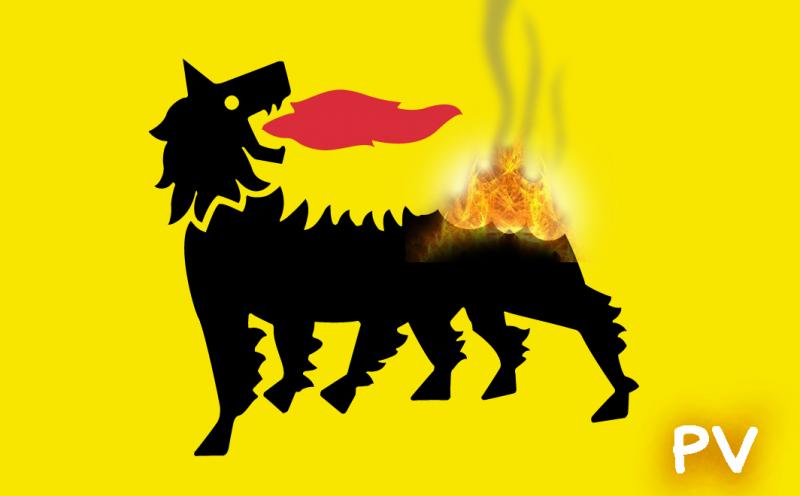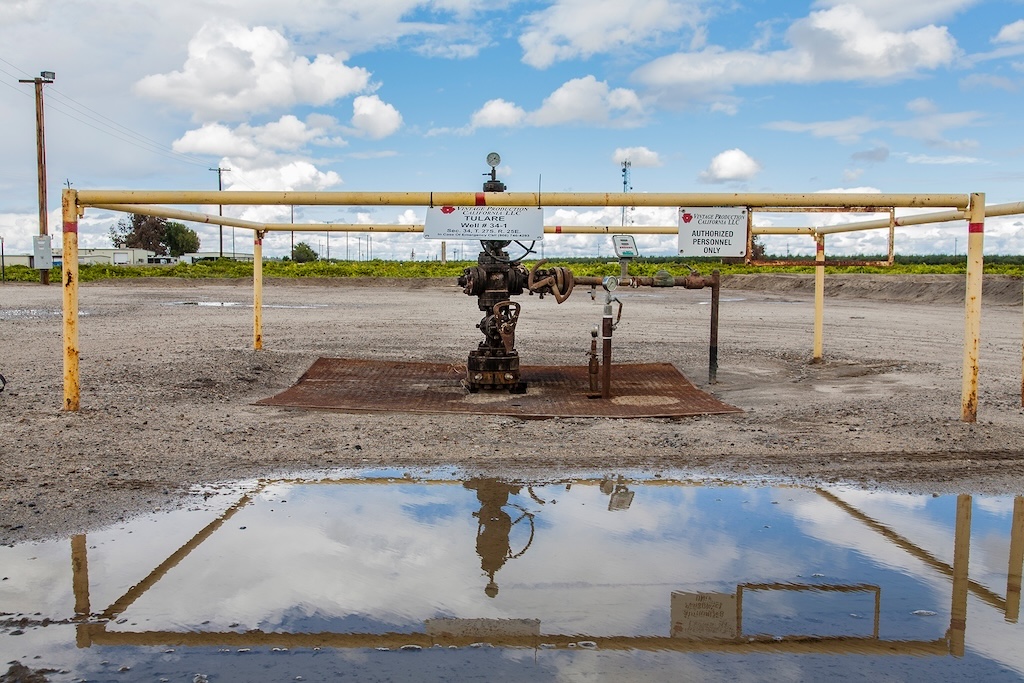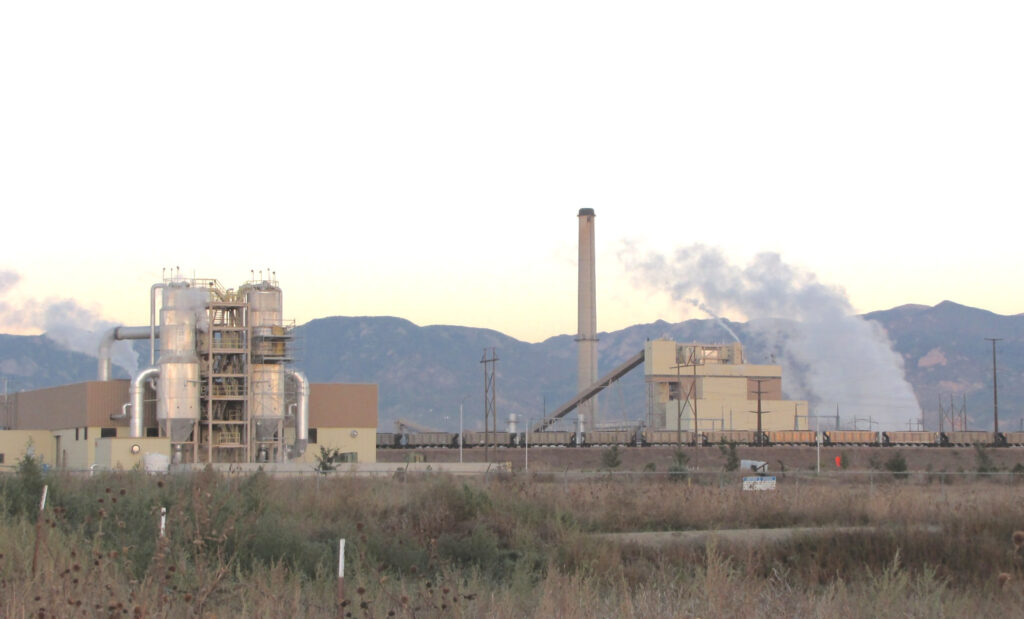This week, Italy’s highest court ruled that a climate lawsuit brought by Greenpeace Italy and advocacy group ReCommon against Eni can move forward.
In the decision, released on Monday, the court rejected Italian oil and gas company Eni’s motions to dismiss the lawsuit on jurisdictional grounds, and ordered that the case be heard on its merits by the Court of Rome.
“This decision means that the lawsuit is legitimate, that the plaintiffs have the right to bring it, and that the Italian judge has a duty to rule on it,” Alessandro Gariglio, lawyer for Greenpeace Italy, said in an interview with DeSmog.
Subscribe to our newsletter
Stay up to date with DeSmog news and alerts
In May 2023, the environmental groups sued Eni, together with its shareholders, the Ministry of Economy and Finance, and Italy’s development bank Cassa Depositi e Prestiti, alleging the company used “lobbying and greenwashing” to push for more fossil fuels despite having known about the risks its product posed since 1970.
The latest development in the case comes after the two environmental groups had appealed to Italy’s Supreme Court in June last year to expedite the trial and avoid early dismissals, by showing that the Italian judiciary is the right jurisdiction to decide on climate lawsuit cases like this one.
“No one, not even a colossus like Eni, can escape its responsibilities anymore,” Greenpeace Italy and ReCommon said in a statement. “Judges will finally be able to examine the merits of our case: those who pollute and contribute to the climate crisis must answer for their actions.”
The groups are calling this a “historic decision,” because it means that for the first time judges in Italy can hear climate cases, that actors contributing to climate change can be sued for damages and tried in court, and that this does not entail an “invasion” of the political sphere as Eni claimed, the Supreme Court said.
“[This ruling] is so important because, beyond the specific case, it means that in Italy there are legal instruments and judges who are authorized to rule on climate change liability,” Gariglio explained.
Greenpeace and ReCommon say this will also have important implications for the future of climate litigation in Italy, bringing it in line with other countries in Europe, which have recognized the rights of people to hold fossil fuel companies legally accountable for climate change.
“It definitively and unequivocally paves the way for climate litigation in Italy and places Italy among the most progressive jurisdictions in terms of protecting human rights related to environmental violations,” Gariglio said.
“There is now certainty regarding the existence of anthropogenic climate change, which poses a serious threat to the enjoyment of human rights and requires the adoption of urgent measures involving both the public and private sectors in order to limit the increase in temperature to 1.5°C,” the Court’s decision states, referring to the requirements of the Paris climate agreement.
In a statement to DeSmog, Eni welcomed the ruling.
“Eni expresses its great satisfaction with Supreme Court’s decision,” the company said. “The proceedings can finally resume before the Court of Rome, where the unfounded theories put forward by Greenpeace and ReCommon regarding the alleged responsibility of Eni for climate change-related damages will be dismantled, in a context that is rigorous and respectful of the law, rather than driven by the instrumental, unfounded, and often misleading slogans of the two associations.”
The Italian Court’s ruling comes only a few days before the International Court of Justice, the UN’s principal judicial body, issued a long-awaited ruling that climate advocates and experts hailed as a “landmark” decision.
According to the ICJ, states not only have obligations to limit global warming to 1.5°C above pre-industrial levels and to protect the environment from greenhouse gas emissions, but they can be held legally liable for breaching them.
Subscribe to our newsletter
Stay up to date with DeSmog news and alerts






